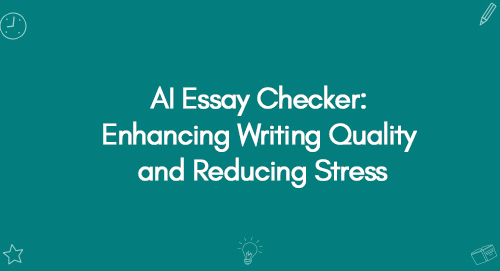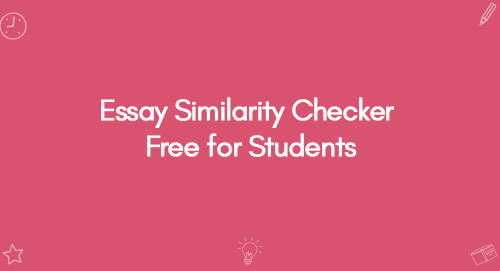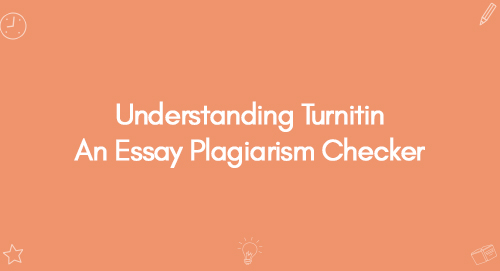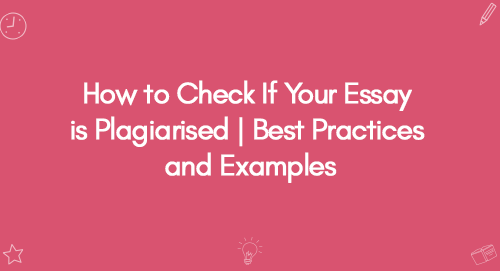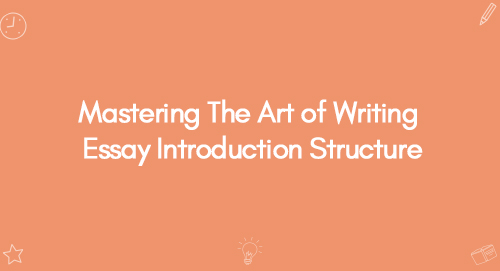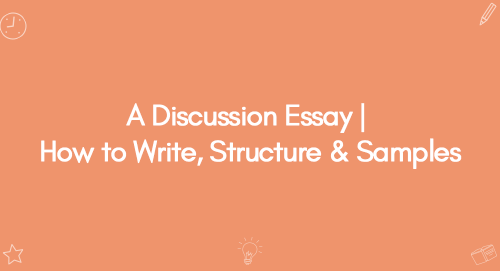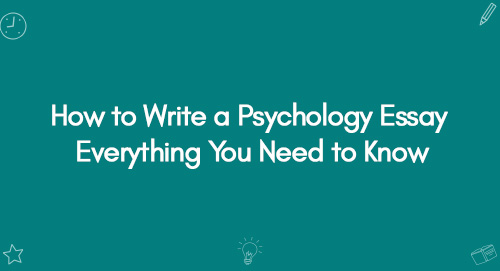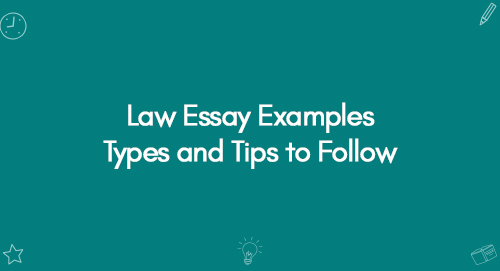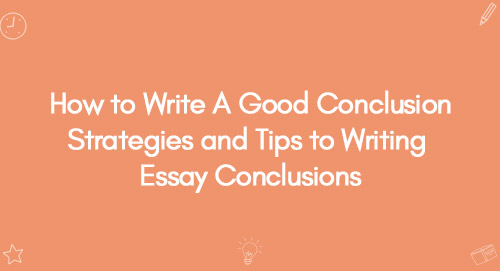How to Write A Good Conclusion: Strategies and Tips
How to Write A Good Conclusion: Strategies and Tips
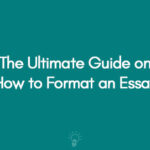
How To Format An Essay | An Ultimate Guide
October 27, 2022
How to Write A Reflective Essay | A Comprehensive Guide For University Students
October 27, 2022Any time you compose an essay, thesis, or article that analyses or suggests a concept, problem, or event, you should employ conclusions.Conclusion are undoubtedly one of the most crucial components of research offering insight and way forward.
Many people believe that writing an essay's conclusion is the most challenging aspect. The most important question to ask while writing a conclusion is; how do you present yourself well while highlighting the importance of your findings?
What would you like your readers to take away from this? You canconclude with a quotation to end on a crisp note. Or perhaps you want to place your claim in a new, more expansive perspective.
Starting with your Conclusion
An excellent concluding sentence should tell your reader that you have proven your point. This article will outline how to write a conclusion, describe various conclusions, and list the things you should include and leave out while writing one.
Understanding What A Conclusion Is?
Just as your concluding remarks logically complete your body paragraphs, your conclusion paragraph should reasonably finish your essay. Reiterate your argument at the beginning of the concluding paragraph and then move towards subject matter. Finally, make a statement.
This paragraph transitions from specific togeneric. It is the opposite of what you did in your introduction.
The framework and inspiration for the entire essay is capsuled in a thesis statement. It explains "why."
Conversely, a conclusion answers the "so what" by summarizing the essay's argument and providing the reader with a resolution, thought experiment, or further information on the topic that reaffirms why the reader should care.
Free Premier Essay Writing Topics
Essay Writing is an essential part of academics which presents the ideas, arguments, opinions, or positions of the writer regarding the topic. The writer supports his claims using facts, evidence, or survey studies.
- Clear presentation or understanding of the type of essay
- An appealing introduction with an unambiguous thesis statement
- A well-defined structure of body paragraphs supporting the thesis
A prospective conclusion with an optimistic tone
Outlining Or Structuring A Conclusion
Thesis Statement
- Here is where you restate your thesis. To eliminate repetition, make sure it is rephrased.
Supporting Statements
- Briefly summarizes the main ideas and arguments you make throughout the paper.
- Describe the concepts' relevance and the connections between them.
Concluding Remark
- That is when you refer to a statement, illustration, or story stated in the introduction.
- It serves as your last statement on the matter and provides the reader with a feeling of closure.
Effective Strategies for Writing A Strong Conclusion
Here are some effective concluding tips to ace your essays or thesis conclusion.
Start by Restating your Thesis.
Start by restating your argument as you prepare to compose your conclusion and conclude your essay on a wise note. Since your thesis serves as the foundation for the whole essay, it is a good idea to remind the reader of it.
Reiterate the Key Arguments or Main Points
Reiterating your supporting evidence comes after restating your thesis (clearly in a paraphrased manner that gives a new perspective). Take your coordinating paragraphs or individual arguments in the essay and identify all the "major points." Then, figure out a method to summarize these points in a way that highlights the significance of the concepts.
Don’t Just Summarize But Synthesize
Learning to write a solid conclusion should come naturally to you, depending on how long your essay is. You shouldn't just restate what you just said. The ending should instead communicate a sense of finality combined with the topic's overall meaning and unexplored potential.
Include a succinct overview of the paper's main ideas but avoid just restating what was there. Show your reader how your ideas, evidence, and examples you utilized all work together. Bring everything together.
Provide Insight Into your Research
Your conclusion needs to provide the reader with a resolution, an understanding, inquiries for more research, or a call to action. What influences may our argument have? Who could possibly care? These queries should be addressed here so that your readers will have something to analyze.
How should An Ideal Conclusion Look Like
- When the ending offers a fascinating insight and should conclude on a good note, it is considered excellent.
- Emphasizes the primary argument made in the essay.
- Summarizes the response to the query, which is frequently mentioned in the beginning.
- Refer to the original questions, highlight the significant insights, and conclude with a concluding comment.
- Strengthens the study's central concept.
- Has a significant and enduring impact on the reader.
Leave These Out to Avoid Weakening Your Conclusion
- Starting with a pointless or overused phrase like "in summary," "in conclusion," or "in completion." These words sound wooden and clichéd when written down, even though they may be effective in presentations.
- Establishing the thesis, in conclusion, is the first thing.
- In your conclusion, present a fresh concept or subtopic.
- Without making any major adjustments, concluding with a revised thesis statement.
- Making emotional pleas that are sentimental and out of place in an intellectual study.
- Include supporting data that belongs in the paper's body, such as quotes and statistics.
Different Forms of Writing A Conclusion
Despite the fact that different sources mention varied kinds of conclusions, they all fulfil one of the following three purposes:
- Summarization
This style is frequently utilized when writing about technical topics in a more clinical tone, such as in assessments, definitions, surveys and reports. It is most commonly used in lengthy writings when readers require a refresher on the essay's primary themes because it paraphrases those concepts. Therefore, it needs to stay clear of allusions to oneself or subjective ideologies.
- Externalization
An externalized conclusion, frequently employed in essays that tackle a specific problem that is a component of a much more complicated subject, offers a segue into a related but distinct topic that encourages readers to continue the conversation. It's frequently viewed as a brand-new opening with a different premise, allowing growth into a different possible essay.
- Editorialization
Editorialization is frequently employed in essays if there is a contentious subject, a personal link, or a call to action. This writing style integrates the author's opinions on the subject and frequently shows their personal commitment to the topic under discussion. This kind of conclusion will employ anecdotes and a casual tone to highlight issues, interpretations, political viewpoints, or sentiments.

Key Difference Between a Conclusion and a Summary
FEATURES | SUMMARY | CONCLUSION |
Meaning | A summary is a concise explanation or description of the most important ideas in a work, piece of study, or essay. | The piece of the article, essay, or book that provides the final response to the research question is known as the conclusion. |
Purpose | To outline the critical points. | To compose an argument or judgement by giving a reason. |
What does it do? | It reiterates the key components or characteristics that have already been highlighted. | It synthesizes and wraps up the research. |
Length | 5% to 15% of the original material is analyzed. | It only comprises 10% of the original material. |
Presents | Main ideas clearly and briefly. | Implications, findings, recommendations, next action to take and lessons learned. |
Ideas and criticism | It does not include the writer's ideas, justifications, and criticisms | Includes writer's thoughts, reactions, and criticisms. |
Ending Remark
The conclusion should assist readers in returning to their regular lives after helping them cross the bridge from your arguments or analysis in the introduction.
Using this helpful road map, you can be sure that you understand how to create a strong conclusion that provides readers with a resolution, a call to action, or a profound insight for additional research.
Related Topics
- Generic nouns
- Specific nouns
- Group nouns
- Individual pronouns
- Mass and discrete nouns
Examples
- Generic nouns
- Specific nouns
- Group nouns
- Individual pronouns
- Mass and discrete nouns
Other
-
Generic nouns
-
Specific nouns
-
Group nouns
-
Individual pronouns
-
Mass and discrete nouns


